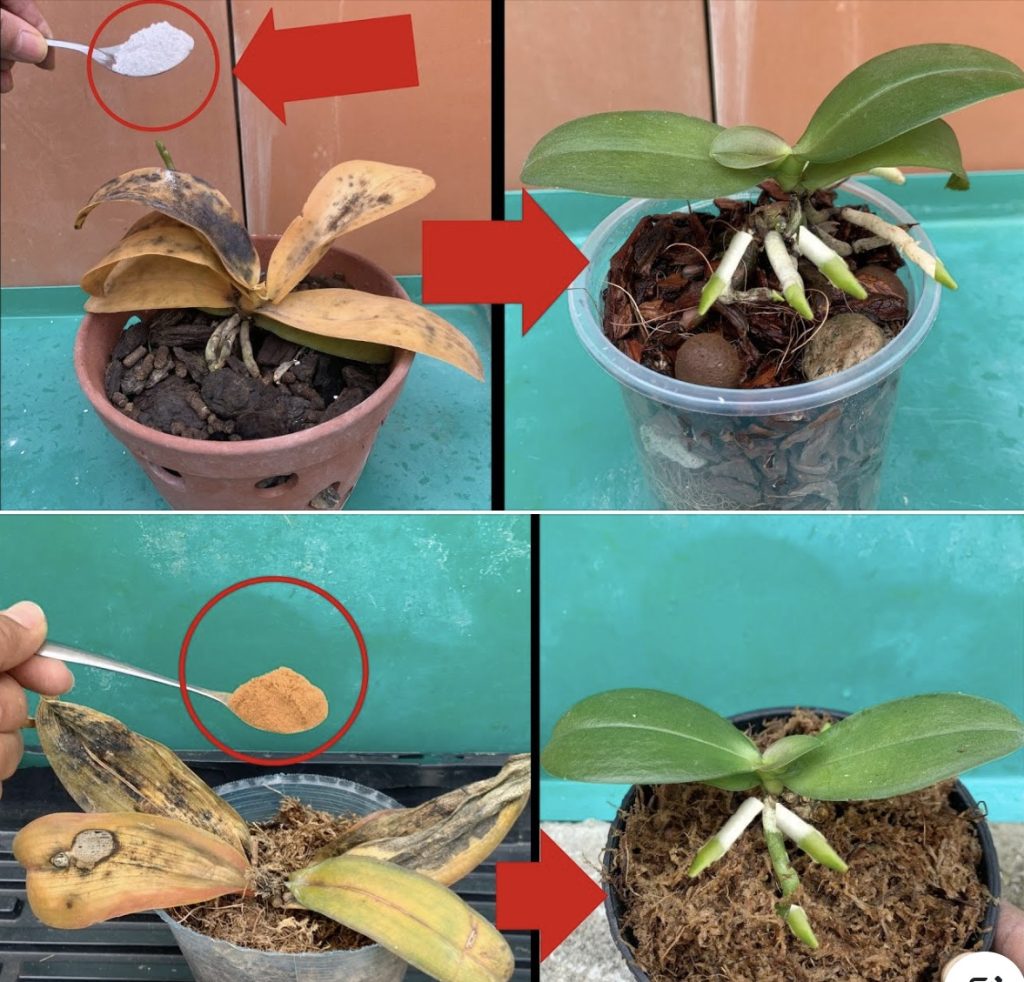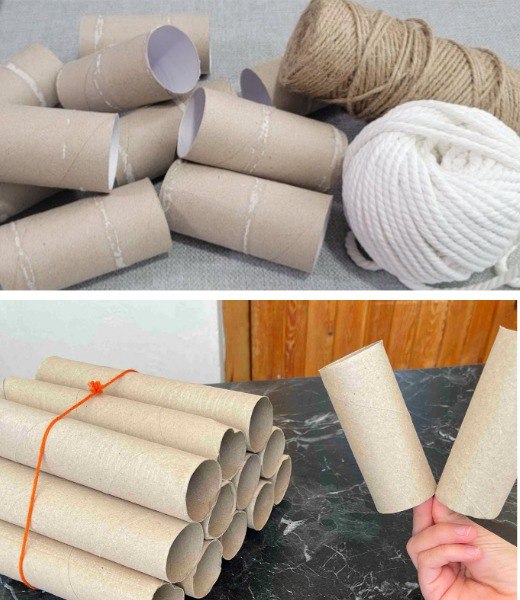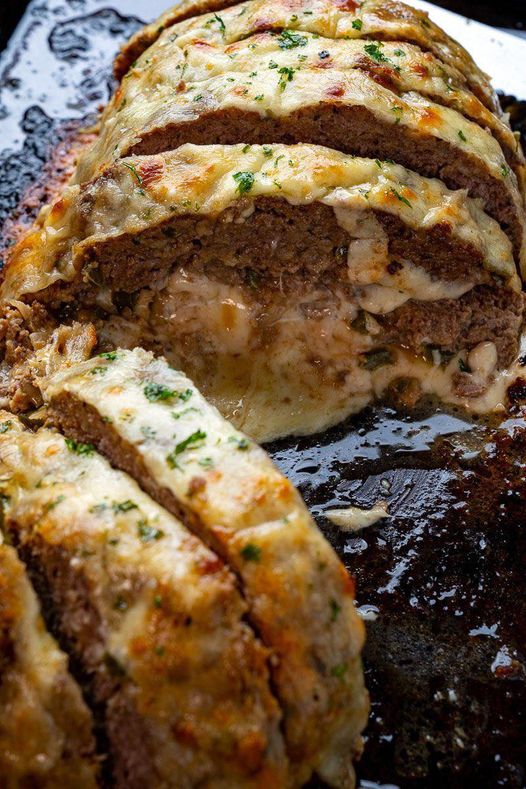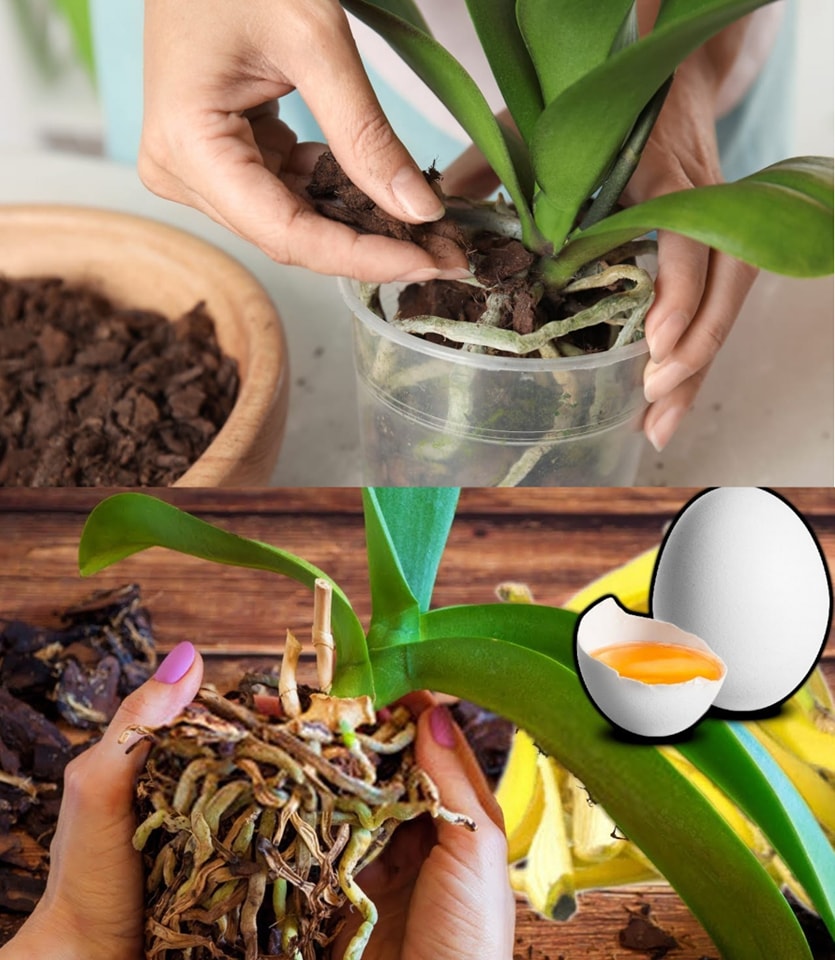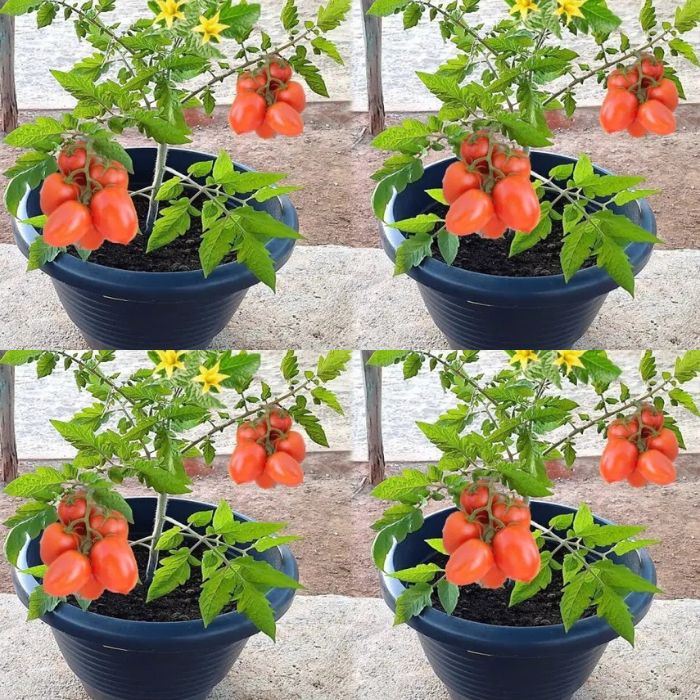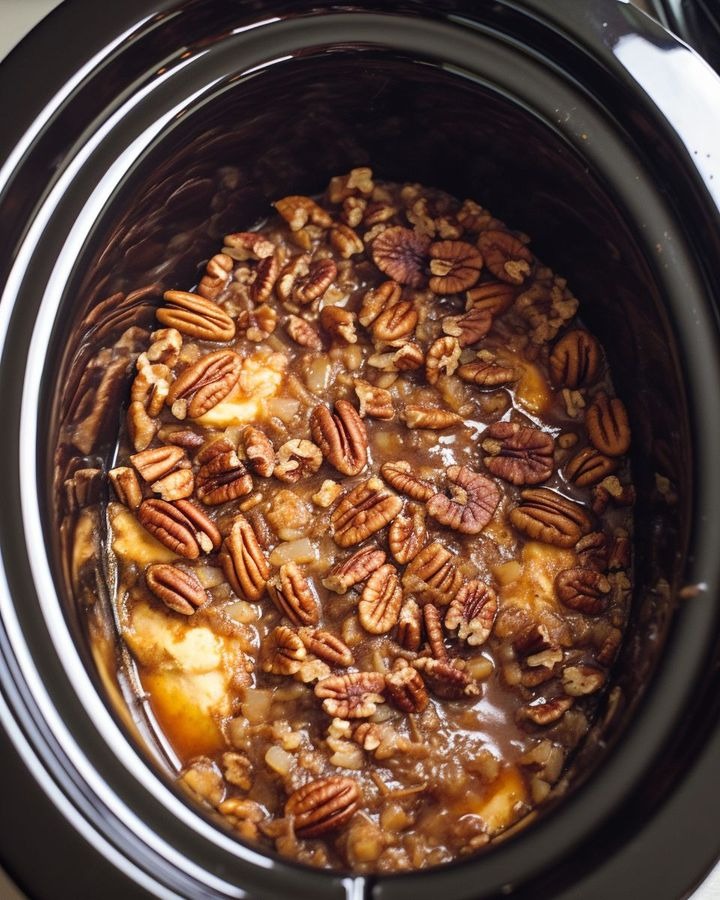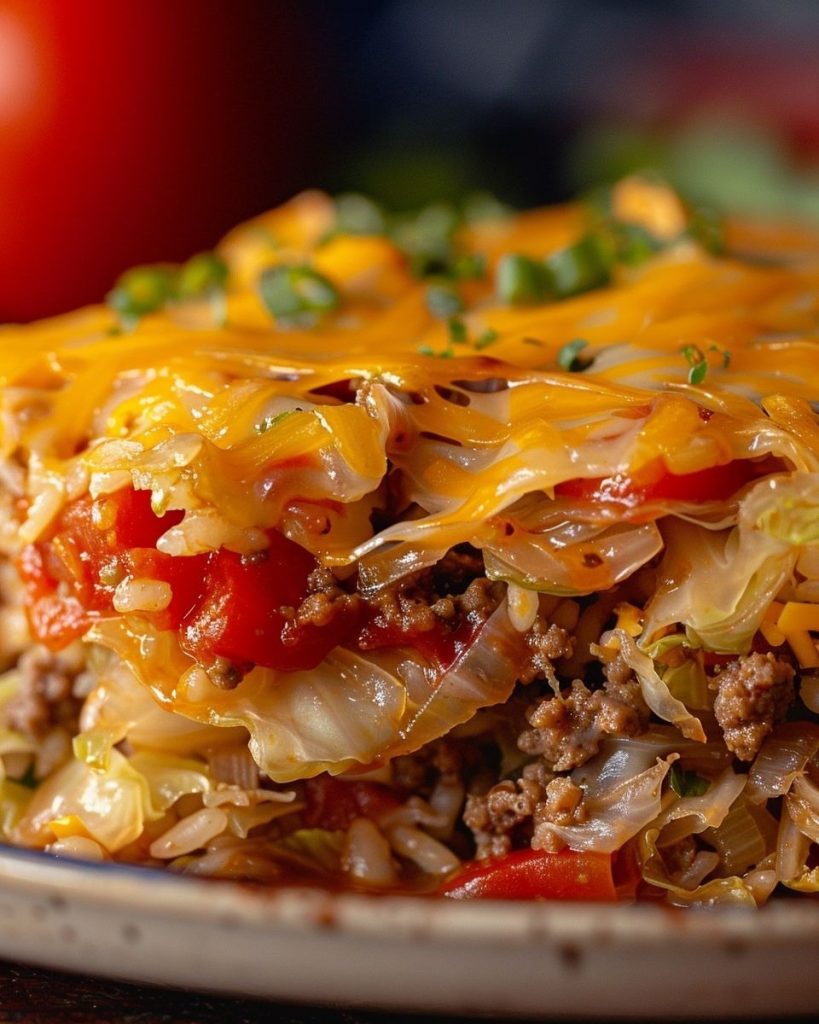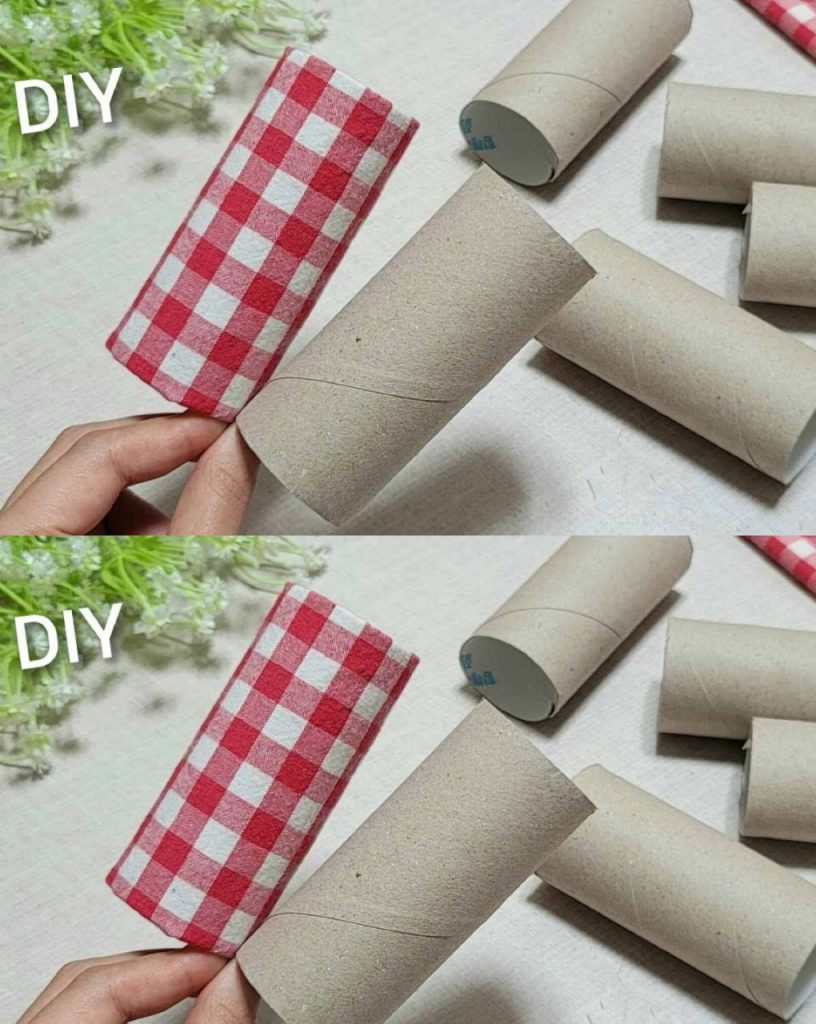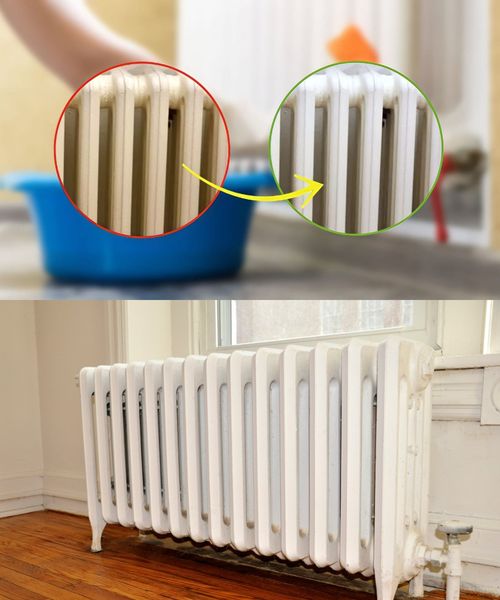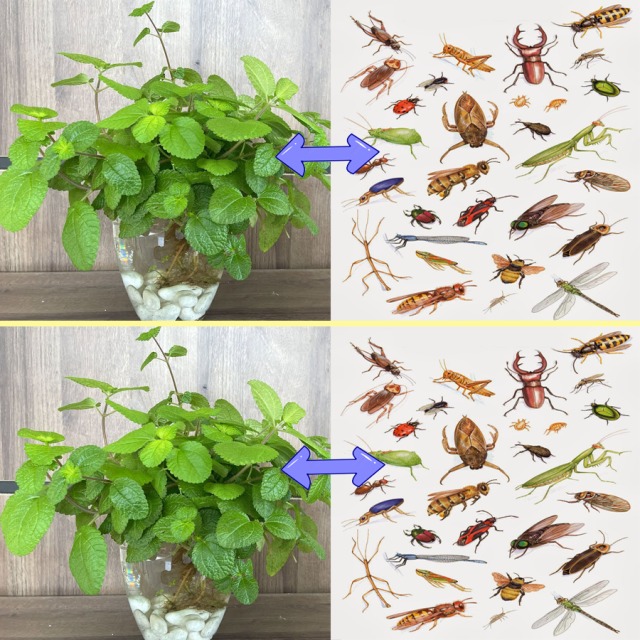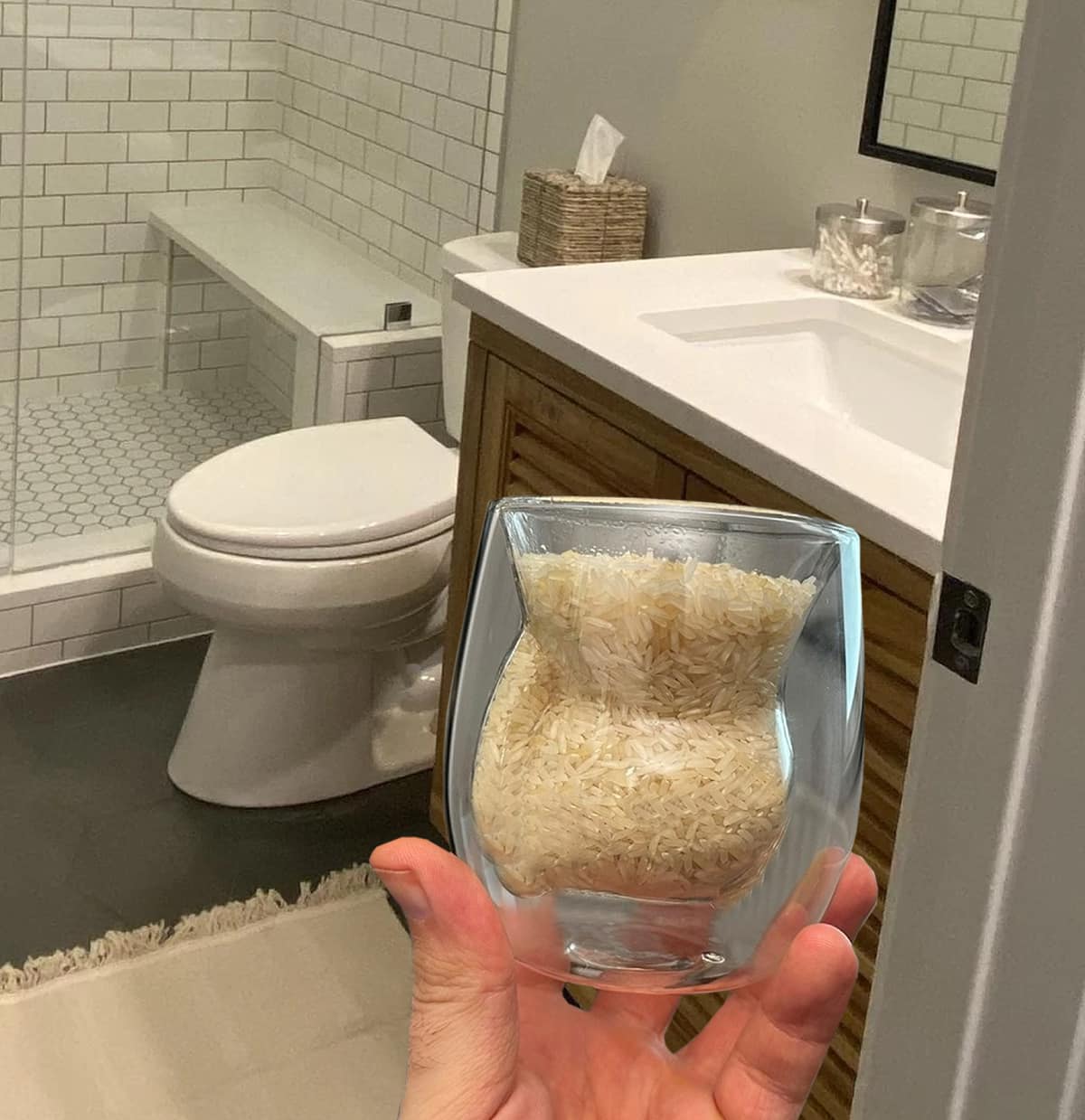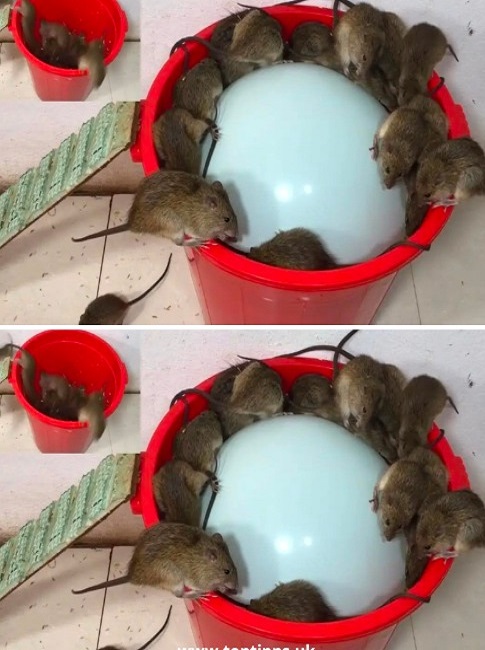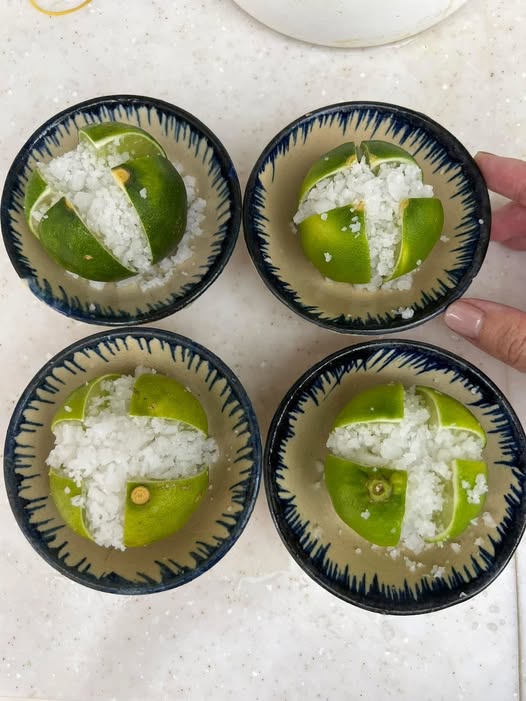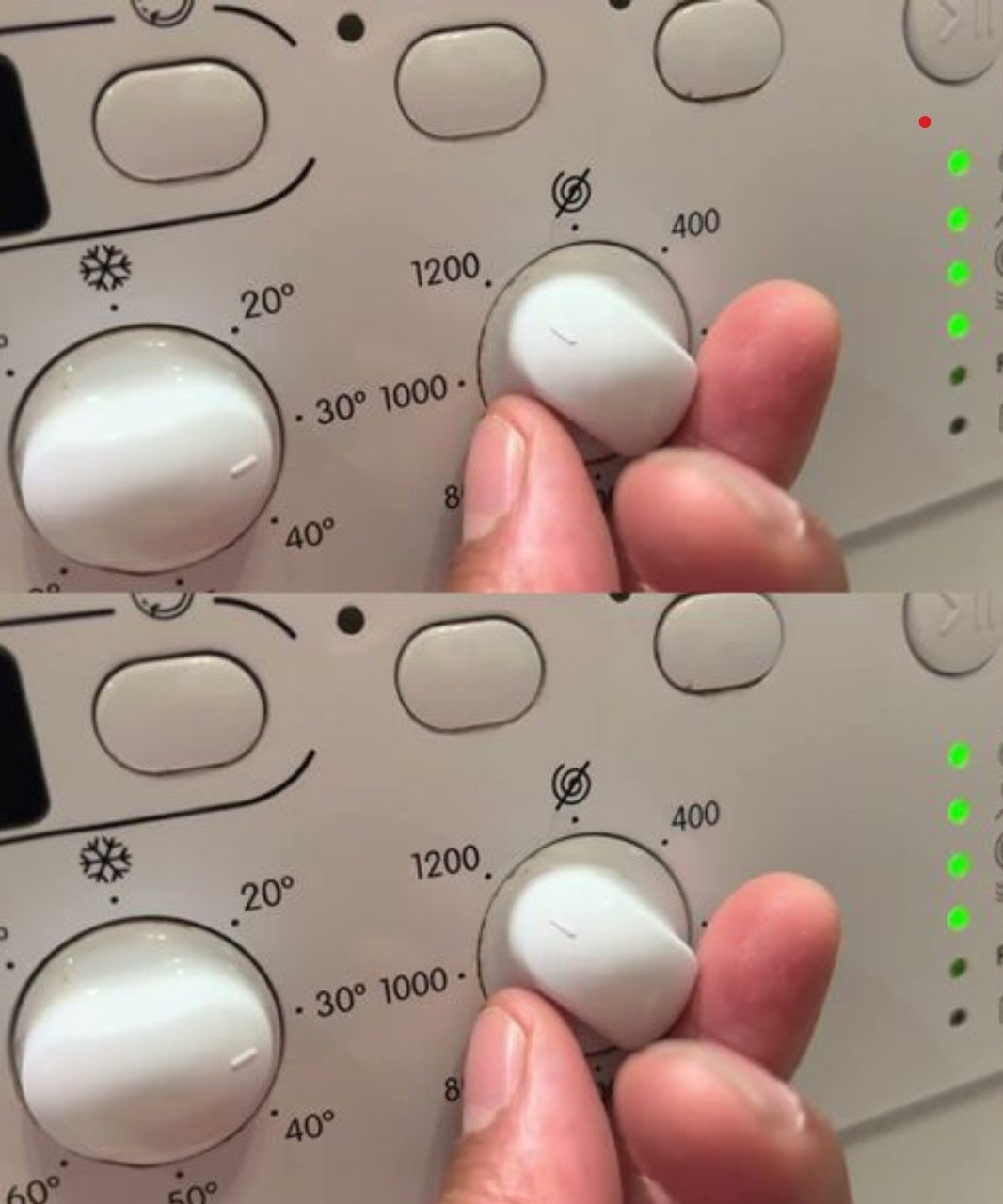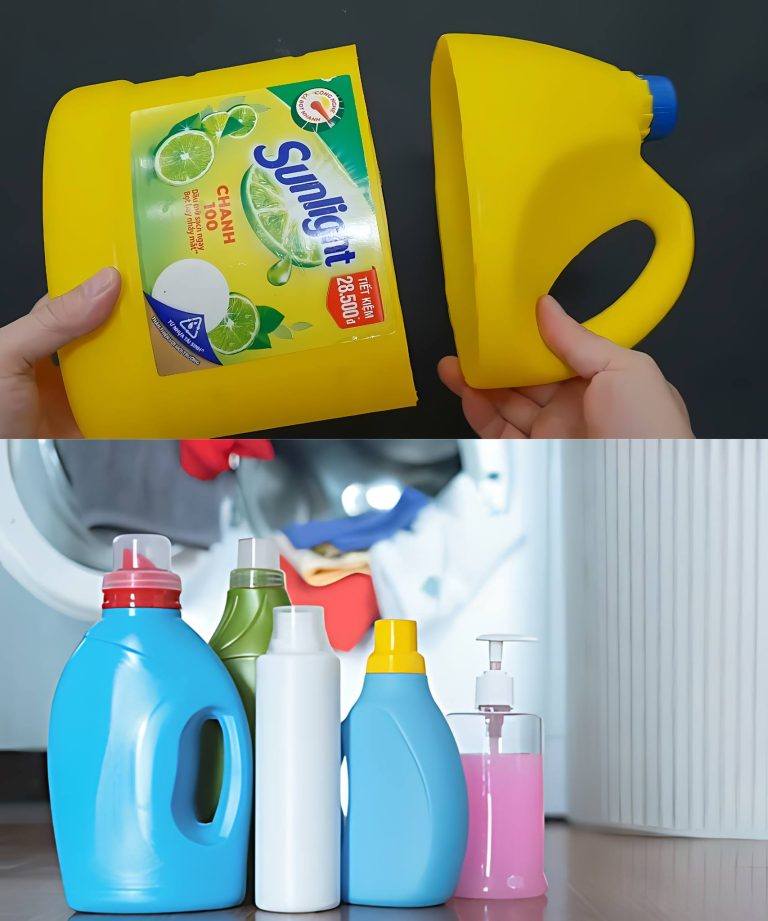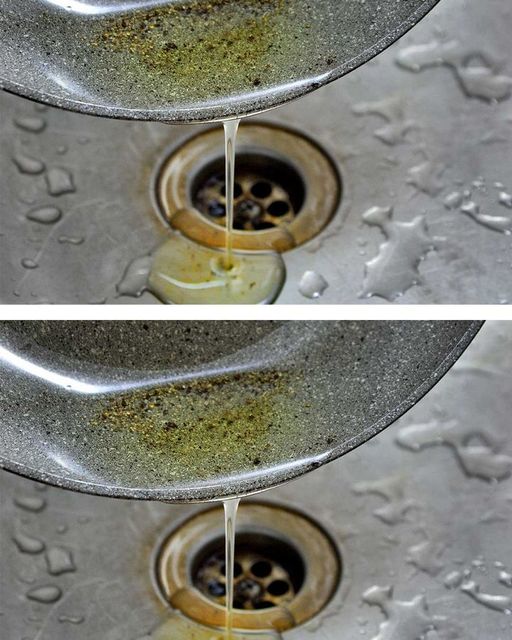
It’s definitely not recommended to pour oil down the kitchen sink. While your mother-in-law might think it’s okay, doing so can lead to significant plumbing issues and environmental problems. Here’s why it’s important to avoid this practice:
Reasons Not to Pour Oil Down the Kitchen Sink
- Clogged Pipes: Cooking oil can stick to the insides of pipes, leading to blockages over time. This can result in slow drainage or complete clogs that require costly repairs.
- Fatbergs: In sewer systems, oil can combine with other waste, forming “fatbergs”—massive clumps of fats, oils, grease, and non-biodegradable materials. These can severely damage municipal sewer systems.
- Environmental Impact: Blocked sewage systems can overflow, leaking contaminants into local waterways, harming aquatic life, and polluting drinking water supplies.
- Wildlife Harm: When oil enters natural water bodies, it can coat the fur or feathers of animals, impacting their insulation and buoyancy, which can be fatal for wildlife.
- Costly Repairs: The expense of fixing clogged pipes and damaged sewer systems can add up quickly. Proper disposal can help you avoid these costs.
Proper Methods for Disposing of Cooking Oil
3 simple and effective tips to revive your orchids
Scalloped Potatoes Recipe
Extravagant Triple Chocolate Cheesecake with Oreo Crust
Don’t throw away the cardboard toilet paper roll, you can’t imagine what you can do with it
Philly Cheesesteak Meatloaf
The best soil for orchids has been revealed, perhaps you were always wrong: which one is it
I grow tomatoes with the trick my grandfather taught me! Generous harvest
I don’t think I’d ever get tired of eating this. It’s that good
I am 60 years old and only tried this recently. Great flavors!
